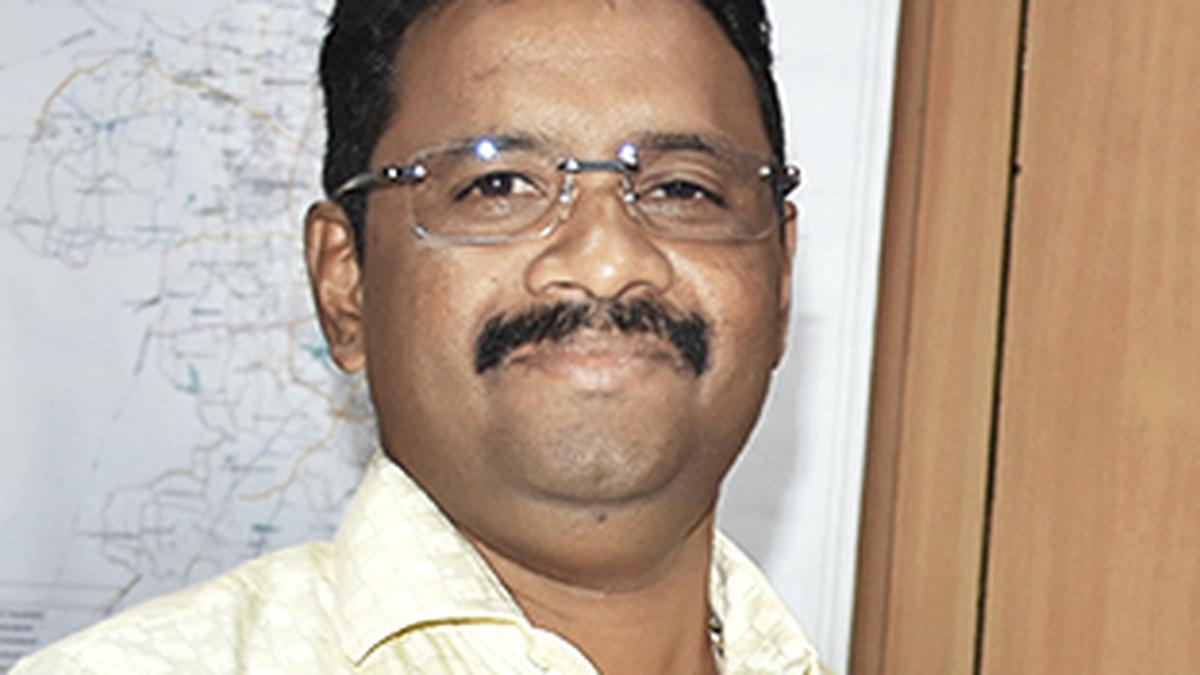The Comptroller and Auditor General (CAG) is developing their own Large Language Model (LLM), designed to help auditors access decades of institutional knowledge, thereby improving efficiency and consistency in audit analysis using the Artificial Intelligence (AI) powered system.
The system’s first version is expected to be ready by November 2025. Previous inspection reports would be ingested for it to be trained. The LLM will strengthen institutional capabilities in analysing large datasets and generating documents, including inspection reports, identifying patterns and risks with more accuracy, and assisting auditors in preparing comprehensive reports.
Widely adopted digitisation at the Centre and States will soon facilitate remote or hybrid audits of most government agencies and departments. The transition is anchored in risk-based planning, secure access to government platforms, and the use of geospatial tools, including PM GatiShakti, to strengthen evidence and consistency across sectors, a CAG release said.
“The pilot studies of remote audits in many audit domains have been concluded, and they are now being replicated across offices. Remote audits in receipts audits are advancing faster due to higher automation, richer and standardised data. This includes a data-led GST audit carried out concurrently in the Central and State audit offices using a standardised audit design matrix and centrally validated SQL queries. Similarly, PAG [Principal Accountant General] (Audit) Telangana’s remote compliance audit of the Stamps and Registration Department demonstrates successful office-based scrutiny with real-time coordination,” the CAG’s release said.
On the expenditure side, hybrid audits are being conducted, which combine the manual records received in the offices, along with analysis of the data. The pilot in the Public Works audit was demonstrated by PAG (Audit), Haryana. “...significant strides are being made in the remote audit of Panchayati Raj Institutions, with West Bengal’s Virtual Audit System integrated with AuditOnline enabling paperless PRI (Panchayati Raj Institutions) certification. PAG (Audit 1), Madhya Pradesh, is developing a roadmap for remote certification by Director Local Fund Audit under the CAG’s Technical Guidance & Support,” said the CAG.
The CAG has also developed the ‘Connect Portal’, which may be launched during the Annual Conference of State Finance Secretaries to be held on September 19. The portal will provide nearly 10 lakh auditee entities with a unified digital interface to directly respond to audit queries, observations, and inspection reports, making the entire process transparent, and enabling proper tracking of audit observations by both the CAG and the audited entities.
During the Annual Conference of State Finance Secretaries, key issues for discussions would be the strengthening of the reporting framework with respect to Centrally sponsored schemes; dissemination of good practices on public finances; leveraging IT systems and digital platforms for better governance, and strengthening accounting and auditing of State public sector entities and autonomous bodies.
Senior officials from the Union Finance Ministry, the Reserve Bank of India, and the Controller General of Accounts; Finance Secretaries of State governments; and the heads of the accounting services of Railways, Telecommunications, and Defence, along with the Accountants General representing the CAG’s audit and accounts offices, are expected to participate in the conference.
“In a first of its kind initiative, the CAG will unveil the Publication on State Finances for Financial Year 2022-23. Unlike the Accounts of the State government and the State Financial Audit Report which are prepared for each financial year and placed in the State Legislature and the Combined Finance and Revenue Accounts prepared annually, the Publication captures inter-temporal and inter-state fiscal information over a 10-year period,” the CAG said.



.png)
.png)
.png)
















 2 hours ago
5
2 hours ago
5








 English (US) ·
English (US) ·